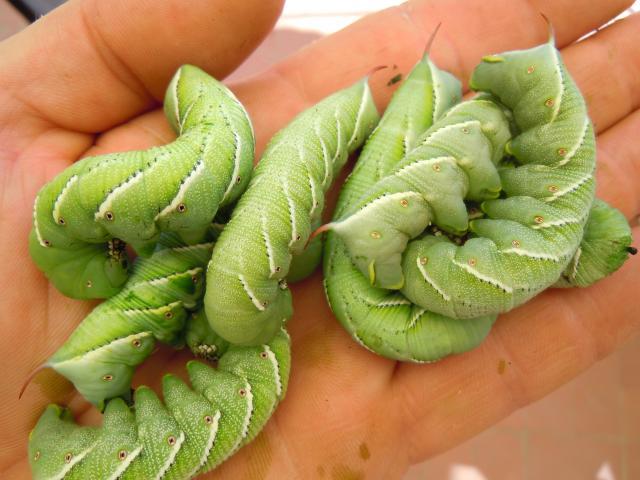Quote:
I've raised superworms, but not for many generations. There are two kinds of "superworms" on the market. One superworm is
Zophobas morio. They grow up to be about 2" long before pupating. This species is relatively more labor-intensive to raise than standard mealworms,
Tenebrio molitor. Cannibalism on
Z. morio pupae is quite high so you have separate them (as you noted). They are also relatively slow growing. So, the pet industry figured out that you could treat
T. molitor with insect juvenile hormones and have a worm that grew to similar proportions as
Z. morio without the difficulties. The JH probably isn't really a problem to anything eating the worm--unless you're feeding them to arthropods. The problem stems from the fact that you never quite know what you're getting when you buy them.
Z. morio take so long to develop, you can waste a lot of time raising the worms of which most never mature and reproduce because you were sold treated
T. molitor. Of course you can bypass this problem by locating a reputable dealer and I'll bet that would be easier now than when I did it. It took me three purchases from different locations before I was able to obtain
Z. morio. Then I realized they weren't really worth it for what I needed. I suspect you can easily grow as much biomass of untreated
T. molitor as you could
Z. morio in the same amount of time. I take the lazy approach to raising mealworms for chickens, so that would tip the balance for me. If you needed superworms to feed your lizards, they would be totally worth raising.
I can only imagine how crazy they would drive the chickens.
Hahaha this statement reminded me of the time I gave my 3 month olds a pretty large tomato worm. I laughed till my stomach hurt at watching them play tug of war with the thing! I had no idea the skin of a tomato worm was so sturdy!
Yeah!!! Tomato worms do drive them insane don't they! It's even funnier when the chickens are small.








